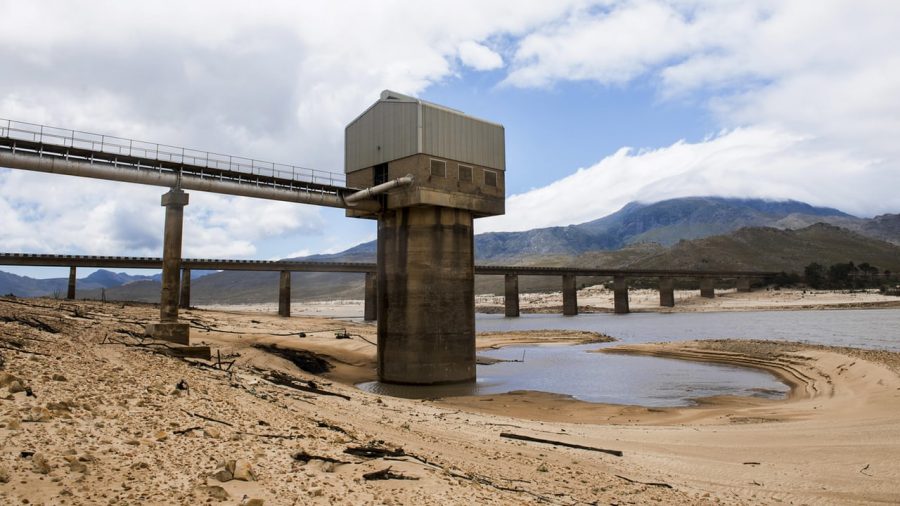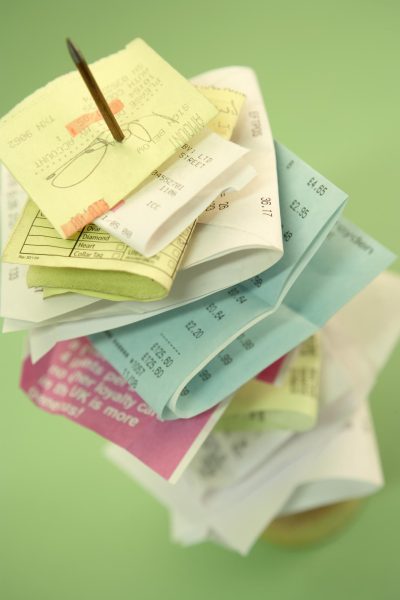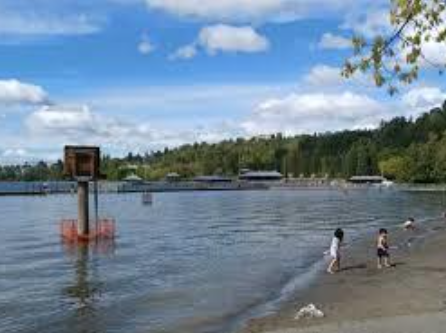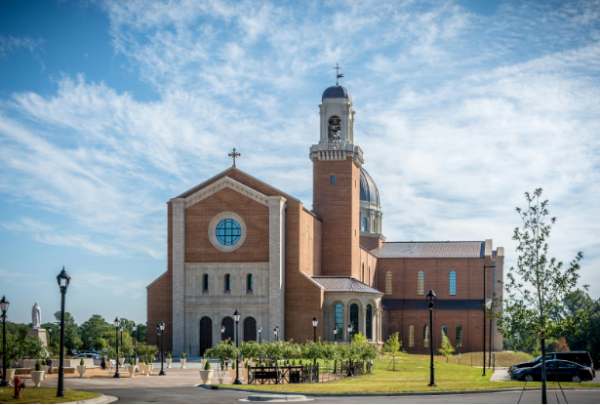Cape Town’s water crisis
Water is an essential part of life, though here in Washington state, some people complain about how it rains almost every day. This is the exact opposite for people in Cape Town, South Africa. They have been in a drought for the past three years. Now, they have less than 90 days of water left in their reservoirs. The city can now only use 50 litters or 13.2 gallons a day. While that might seem like a lot, it is only 53 quarts of milk and only 25 large bottles of soda. Considering all the things Washington families use water for, things like cleaning, cooking, and drinking, it is not enough.
This has now become a very regulated issue. Patrol officers have gone around to make sure that people are not watering their gardens, washing their cars, or that construction workers are not using water to mix cement. Water regulations have been implemented into homes to shut off water when a family goes over the monthly limit. Of course, the city cannot run completely dry because the reservoirs cannot be fully drained, though the debris and silt make the last 10% of water unusable. So, city officials have made the decision that once the dam reaches its 13.5% capacity, municipal water supply will be shut off for everything expect for essential services like hospitals.
NASA images showing the falling water levels of the Theewaterskloof dam over a period of three years.

What are the people in Cape town doing now? Well this means that showers are under two minutes, no flushing the toilet unless necessary, and having to reuse bathing water wherever they can. People have come up with many solutions, the most drastic one proposed would be to find an iceberg off the coast of Antartica and tow it to Cape town where it would gradually melt or be extracted and put in tankers for 24 hours a day. From there it would go to the ports, the city would then pump it into their main infrastructures. This idea has been countered with that fact that even though the sea water is purified it can still be contaminated. The good thing with this plan is that the iceberg could be used when it is needed and be disposed of when it is not needed. Many are saying that this can only work as a shot term plan until there are actual ones put in place. Either way, there needs to be a well thought out plan to tackle this issue in Cape Town and any other areas facing a similar problem.
https://mg.co.za/article/2018-05-08-the-city-of-cape-town-denounces-iceberg-solution-to-water-crisis
http://time.com/5103259/cape-town-water-crisis/
http://www.capetownetc.com/news/icebergs-help-city-water-crisis/
Photo taken from (https://www.theguardian.com/world/video/2018/feb/03/cape-town-water-crisis-approaches-day-zero-video-report)






